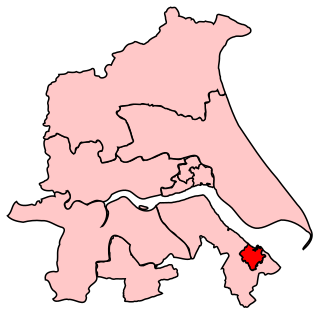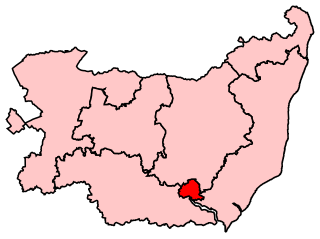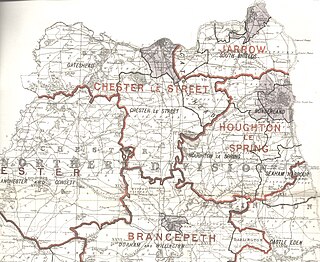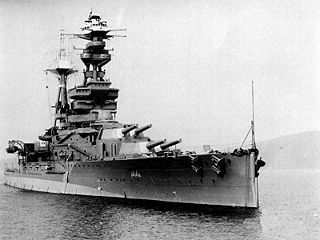 W
WThe Great Grimsby by-election was a Parliamentary by-election. It returned one Member of Parliament to the House of Commons of the United Kingdom, elected by the first past the post voting system. It was one of the last by-election contests to take place before the outbreak of the Great War, and provided a good indicator of how the main parties would have performed at an anticipated general election for 1914 or 1915.
 W
WThe Ipswich by-election was a Parliamentary by-election. It returned one Member of Parliament to the House of Commons of the United Kingdom, elected by the first past the post voting system.
 W
WThe North West Durham by-election was a Parliamentary by-election held on 30 January 1914. It returned one Member of Parliament to the House of Commons of the United Kingdom, elected by the first past the post voting system.
 W
WThe Appley Bridge meteorite is a meteorite that hit ground at Halliwell Farm in Appley Bridge, Lancashire, England at around 8:45 PM on Tuesday, 13 October 1914.
 W
WThe Burston Strike School was founded as a consequence of a school strike and became the centre of the longest running strike in British history, that lasted from 1914 to 1939 in the village of Burston in Norfolk, England. Today, the building stands as a museum to the strike. Every year hundreds of people turn up for a rally to commemorate the 25-year strike over the jobs of Annie Higdon and her husband.
 W
WThe Hartlepools by-election of 1914 was held on 22 September 1914. The by-election was held due to the death of the incumbent Liberal MP, Sir Stephen Furness. It was won by the Liberal candidate Sir Walter Runciman who was unopposed due to a War-time electoral pact.
 W
WHMS Royal Oak was one of five Revenge-class battleships built for the Royal Navy during the First World War. Completed in 1916, the ship first saw combat at the Battle of Jutland as part of the Grand Fleet. In peacetime, she served in the Atlantic, Home and Mediterranean fleets, more than once coming under accidental attack. Royal Oak drew worldwide attention in 1928 when her senior officers were controversially court-martialled, an event that brought considerable embarrassment to what was then the world's largest navy. Attempts to modernise Royal Oak throughout her 25-year career could not fix her fundamental lack of speed and, by the start of the Second World War, she was no longer suitable for front-line duty.
 W
WThe Raid on Scarborough, Hartlepool and Whitby on 16 December 1914, was an attack by the Imperial German Navy on the British ports of Scarborough, Hartlepool, West Hartlepool and Whitby. The attack resulted in hundreds of civilian casualties. The attack caused public outrage in Britain towards the German Navy and against the Royal Navy for its failure to prevent the raid.